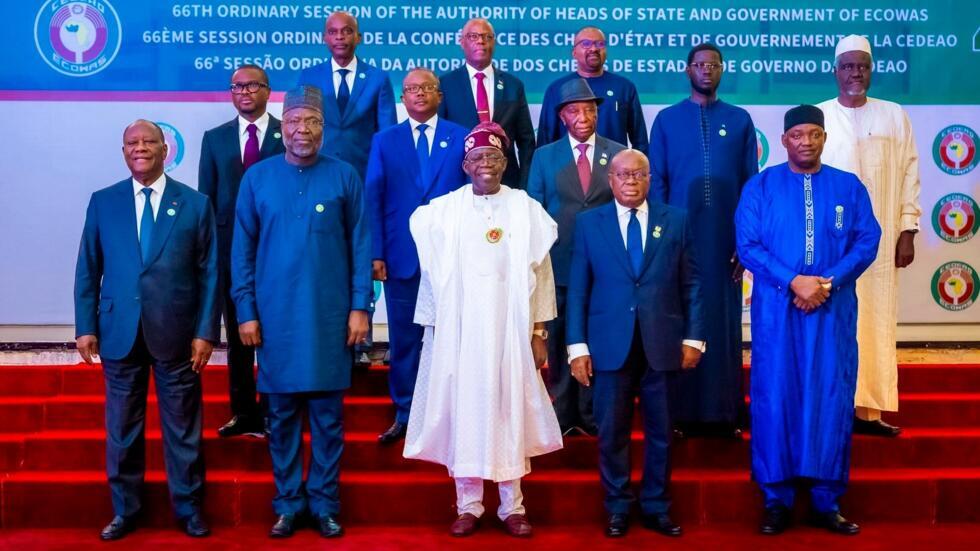In a significant diplomatic move, Nigeria has invited Mali, Niger, and Burkina Faso to participate in the upcoming 2025 West Africa Economic Summit, despite the trio’s formal withdrawal from the Economic Community of West African States (ECOWAS).
The invitation, announced by Nigeria’s Minister of Foreign Affairs, Yusuf Tuggar, during a press briefing in Abuja on Monday, signals a renewed push by Nigeria to maintain regional economic cooperation and integration in the face of deepening political divisions within ECOWAS.
Rebuilding Regional Ties
The three Sahel nations—now aligned under the Alliance of Sahel States (AES)—withdrew from ECOWAS following military coups and a deteriorating relationship with the bloc, which had condemned the takeovers and imposed sanctions. Nigeria, under President Bola Tinubu’s ECOWAS leadership, supported the tough stance, advocating for a swift return to democratic governance and enforcing strict penalties, especially against Niger following the July 2023 coup.
However, Minister Tuggar emphasized on Monday that Nigeria views these countries as essential partners in the region’s economic development, regardless of their ECOWAS status.
“While it is true that three countries in our region have chosen to depart from ECOWAS, this does not sever the bonds of trade, cooperation, and shared destiny that unite us as West Africans,” Tuggar said. “These nations remain our neighbours, our partners, and integral stakeholders in the future of West Africa’s economic transformation.”
A Strategic and Pragmatic Shift
Observers describe Nigeria’s move as a pragmatic effort to prevent further fragmentation of West African cooperation and integration. By extending the invitation, Nigeria appears to be focusing on preserving economic ties and mitigating the adverse impact of the ECOWAS-AES fallout.
The exit of Mali, Niger, and Burkina Faso disrupted key trade corridors, particularly those serving landlocked nations. The resulting delays, restrictions, and uncertainty have strained cross-border trade and regional supply chains.
Tuggar acknowledged these challenges, noting that economic collaboration can and should continue, even outside the ECOWAS framework.
“Trade does not stop because of membership status. For instance, Nigeria and Niger continue to cooperate actively through joint commissions and development projects,” he said. “Similarly, business activities, cross-border trade, and infrastructure collaborations with Burkina Faso and Mali remain ongoing.”
Trade and Private Sector at the Forefront
The 2025 West Africa Economic Summit, according to Tuggar, will focus not only on state-level partnerships but will also actively engage the private sector and youth innovators. This approach reflects Nigeria’s belief that regional economic integration must be inclusive and led by broader participation beyond just governments.
Prior to their withdrawal in early 2024, Mali, Niger, and Burkina Faso benefited from ECOWAS protocols on the free movement of goods and people. Their exit has disrupted these frameworks, making alternative avenues for cooperation increasingly critical.
Looking Forward
While political tensions remain high between ECOWAS and the AES countries, Nigeria’s invitation signals a readiness to separate politics from economic cooperation. The summit provides a platform to reengage diplomatically and economically, even as governance differences persist.
As the region faces shared challenges—ranging from security threats to underdeveloped infrastructure—Nigeria’s outreach could represent a turning point in West African efforts to build resilience through cooperation, rather than isolation.

